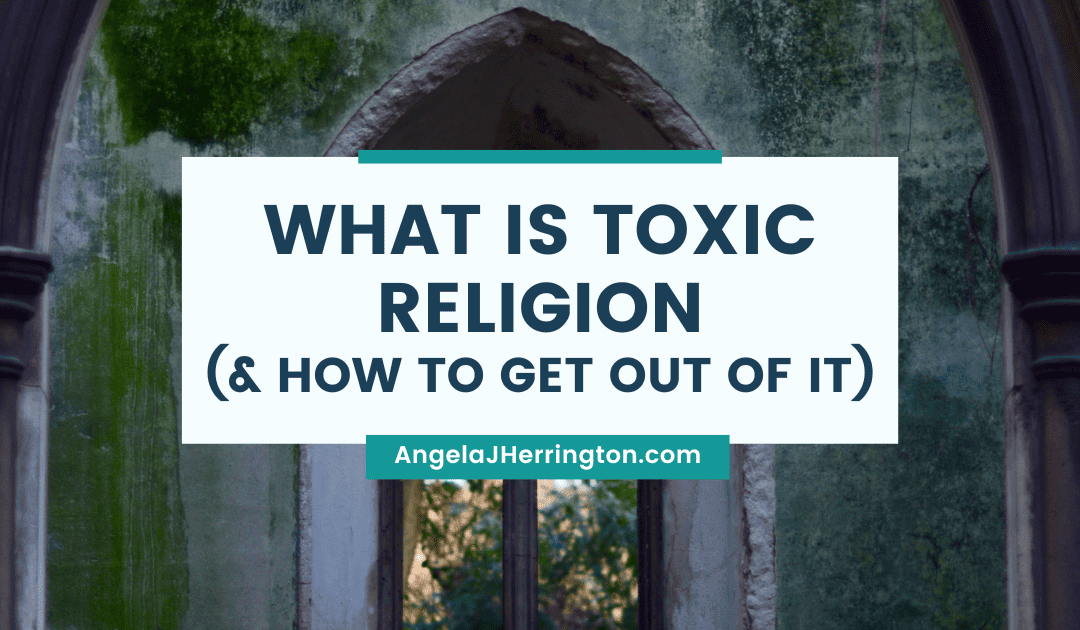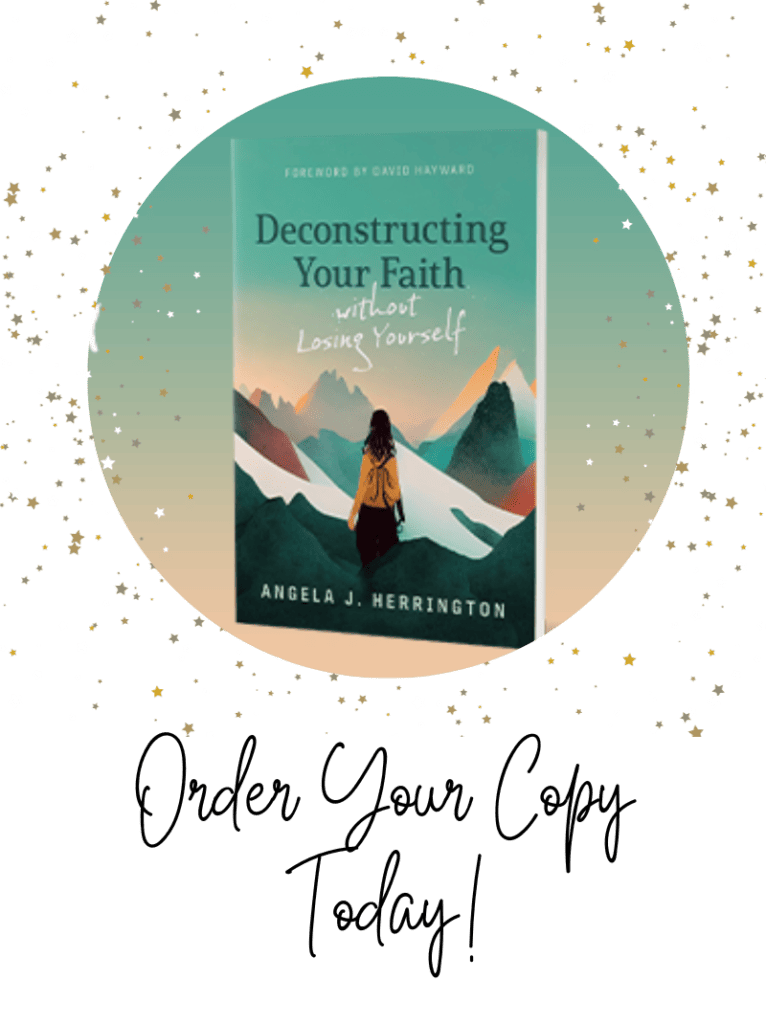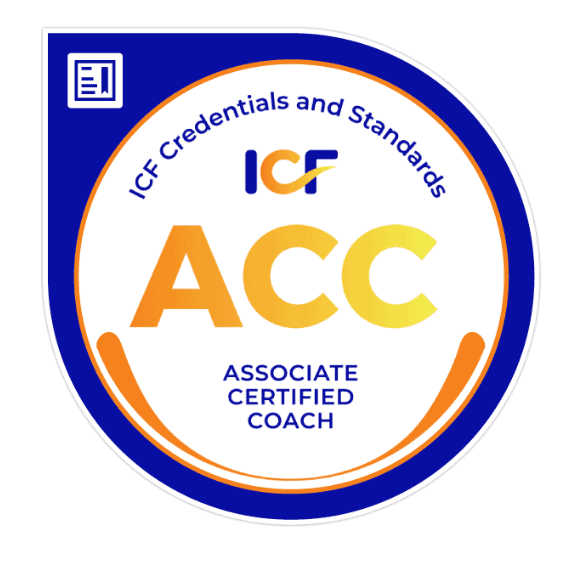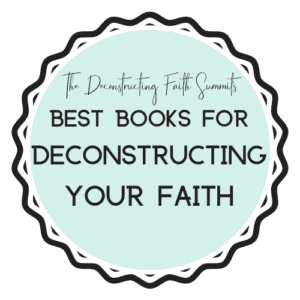Alright, buckle up, friend, because we’re about to dive into the messy world of toxic religion and talk about what it is, how it exploits people, and how to get away so you can start recovering from religious trauma.
First things first: what is toxic religion?
Well, it’s exactly what it sounds like – a poisonous, harmful, and damaging version of spirituality that’s more about control than connection. It can tear people apart, cause pain and trauma, and inspire individuals to do unspeakable things in the name of their faith. So, what exactly is toxic religion, and what do you do when you spot it?
It’s the kind of religion that:
-
- uses fear, shame, and guilt to manipulate and coerce people into following its dogma.
- tells you what to think, feel, and do without leaving room for questioning or doubt.
- thrives on power imbalances and hierarchies, with a select few at the top calling all the shots.
- leaves traumatized people and organizations in their wake.
Toxic religion can take many forms, but at its core, it is any belief system or religious practice that causes harm to individuals or communities.
This harm can be physical, emotional, or psychological, and it can come from a variety of sources, including leaders, doctrines, and traditions. It tears people apart, causes trauma, exploits and marginalizes people, and inspires individuals to do unspeakable things in the name of their faith. Toxic religion creates trauma and recovering from religious trauma is a long process that takes trmendous courage and vulnerability.
Now, you might be thinking, “Okay, but isn’t all religion kind of toxic?”
And sure, there can certainly be elements of toxic religion in many faith traditions. But toxic religion takes it to a whole new level when it becomes less about fostering love, compassion, and understanding and more about enforcing rules and beliefs that benefit the people in power. It’s when religion is used as a tool of oppression rather than liberation.
So, why is toxic religion such a problem? For starters, it can have serious mental and emotional consequences for those caught in its grip. People in toxic religious communities are taught to feel intense shame, guilt, and fear if they don’t adhere to the group’s rules and beliefs. They may be ostracized or punished for questioning authority or expressing doubts. And in extreme cases, they may even be subject to abuse or violence.
Toxic religion also has a broader societal impact.
It can reinforce harmful stereotypes and prejudices, promoting bigotry and discrimination against certain groups of people. It can stunt critical thinking and intellectual curiosity, preventing people from exploring new ideas and perspectives. And it can contribute to a culture of fear and intolerance, where anyone who doesn’t conform to the dominant ideology is seen as a threat. Recovering from religious trauma comes at a huge cost to individuals and organizations because it’s a huge time and energy suck.
Some common signs of toxic religion include:
-
- Absolute Certainty: When a religious leader or community insists on absolute certainty in their beliefs, it can create a toxic environment where questioning or dissent is not allowed. This can lead to groupthink, dogmatism, and even cult-like behavior.
- Judgmentalism: When a religion is characterized by harsh and unyielding judgmentalism, it can create a toxic environment where shame, guilt, and fear are used to control behavior. This can lead to a loss of autonomy, a lack of self-esteem, and deep trauma.
- Exclusivity: When a religion claims to be the only path to salvation, it can create a toxic environment where those who do not believe as they do are considered inferior, misguided, or even evil. This can lead to instituionalized racism, intolerance, and violence.
- Authoritarianism: When a religious leader or community demands obedience without question, it can create a toxic environment where abuses of power, manipulation, and even abuse can occur. This can lead to a loss of trust, betrayal, and trauma for those with less power in the system.
- Lack of Accountability: When a religious leader or community is not held accountable for their actions, it can create a toxic environment where abuses of power, corruption, and even criminal behavior can go unchecked. This can lead to a loss of faith, disillusionment, and hopelessness.
So, what can we do to avoid toxic religion? Well, for starters, we can educate ourselves about the warning signs. If a religious community seems excessively controlling or demands unquestioned obedience, that’s a major red flag. If a religious leader or group is using fear, shame, or guilt to manipulate its followers, that’s a sign of toxicity.
If a religious tradition is promoting harmful beliefs or practices that cause harm to others, that’s a problem.
Once you’ve identified it….You can choose to reject toxic religion altogether. Those of us in faith deconstruction can seek out spiritual communities that value diversity, tolerance, and inclusivity. We can embrace a spirituality that fosters love, compassion, and connection rather than fear and control. And we can recognize that true spirituality is about finding our own path, not following someone else’s because we were taught it was the “only right way.”
So, what can you do if you suspect that your religion or faith community has become toxic?
Here are some steps you can take:
-
- Educate Yourself: Learn as much as possible about your faith and its teachings, and compare them to other perspectives and viewpoints. This can help you gain a broader perspective and avoid groupthink.
- Question Authority: Don’t be afraid to ask questions or challenge authority, especially if you feel something is wrong. This can help you avoid blind obedience and stay true to your values and
- Seek Support: If you’re in a toxic religious community, seek support from friends, family, or mental health professionals who can help you navigate the challenges you may face when trying to break free from a toxic environment.
- Connect with Like-Minded Individuals: Seek out individuals or communities who share your values and beliefs but do so in a more inclusive and supportive way. Building connections with people who understand your journey can be incredibly empowering.
- Evaluate Your Priorities: Reflect on what truly matters to you in your faith journey. Is it about control and power, or is it about love, compassion, and understanding? Realign your priorities with a focus on the latter.
- Consider Leaving: Leaving a toxic religious community may be the best option for your well-being. While this can be a tough decision, it can also lead to personal growth, healing, and the opportunity to build a more positive spiritual path.
- Advocate for Change: If you’re not ready to leave your faith community and still feel safe enough to stay, consider advocating for change from within. Raise your concerns and work with others who share similar feelings to create a more inclusive and supportive environment.
- Practice Self-Compassion: Recognize that leaving a toxic religious environment or challenging harmful beliefs is difficult and be kind to yourself. Recovering from religious trauma is emotionally taxing. Don’t be shy about seeing professional help if needed to support your mental and emotional well-being.
If reading this article confirms you’re in a toxic religious community, you don’t have to accept it. I know it’s scary, but you can reject toxic religion and focus on recovering from religious trauma, and cultivating a spirituality that promotes love, compassion, and understanding.
Start by taking a step back from the most unhealthy relationships and take the first baby steps toward recovering from religious trauma. You can do this…
——-
Hungry for more? Here are a few popular faith deconstruction related posts you’ll find helpful:
What Does it Mean to Deconstruct Your Faith?
What is Deconstructing Faith and Why Do We Do It?
Sometimes You Have to Leave the Church to Find God
Is Deconstructing Your Faith Biblical?
8 Reasons Why Christians Should be 2SLGBTQIA+ Allies
Deconstructing While Parenting
How to Get Out of Toxic Religion
The Best Faith Deconstruction Conferences & Online Summits
Deconstructing Your Faith When Your Partner Isn‘t
The Best Books for Deconstructing Your Faith

Angela is a Faith Deconstruction Coach and host of The Deconstructing Faith Summit who helps people break free from toxic religious culture & empowers them to recover from #churchhurt. She has led online ministries for a decade, enjoys working with clients 1:1, in groups, and is a dynamic conference speaker. She’s a Lark’s Song Certified Life Coach who reaches thousands of people in 40+ countries each month on Facebook, IG, Twitter, Pinterest, and her blog.
She’s a firstborn, Enneagram 8, Gen Xer who loves to question everything. She holds a BA from Indiana Wesleyan and a Masters in Leadership from Wesley Seminary. Her graduate research project focused on leadership development and opportunities for Gen X women in the US church.
Angela and her unique online ministry are featured in Lyz Lenz’s 2019 book God Land: Story of Faith, Loss, and Renewal in Middle America. She has published articles in Hope for Women and HOPE is Now magazines. She has been featured in The New Republic, Publisher’s Today, and Religion News Service.
Her first book, Deconstructing Your Faith Without Losing Yourself, Will be published by Eerdmans in February 2023.
Angela is also a wife, mom to 5, and a proud resident of Marion, Indiana with her family when they’re not traveling the US in their RV.





